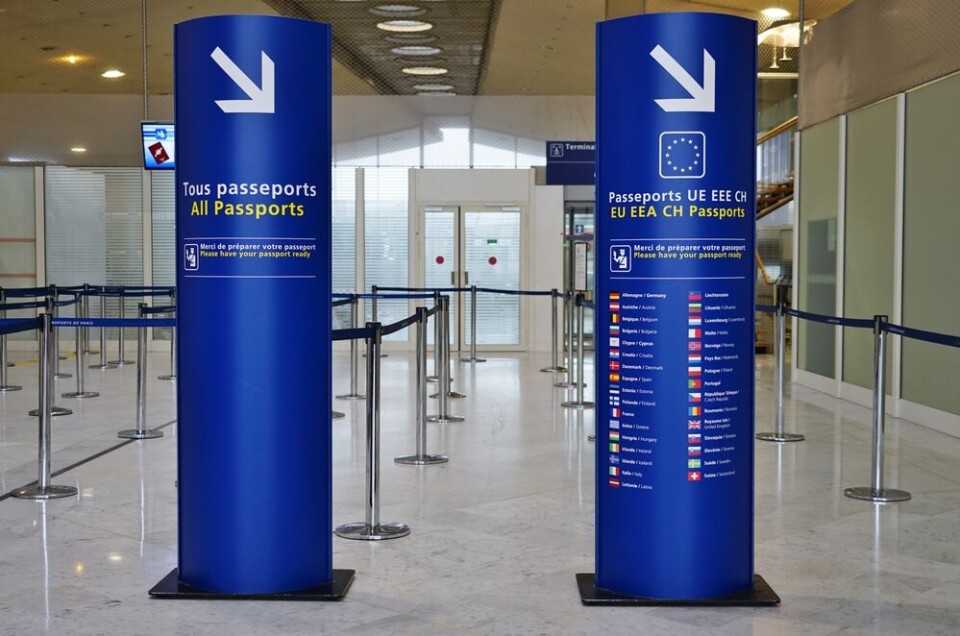-
Social charges on UK government pensions: France residents report progress
Issue now drawing attention at the highest levels
-
Good news for many micro-entrepreneurs in France: plans to lower VAT threshold rejected by Senate
Vote reverses proposal to lower tax exemption thresholds for self-employed workers
-
EasyJet expected to expand Bordeaux coverage in summer 2026
Aircraft have been redistributed following the closure of Toulouse hub
Plans for tighter 'crisis' border controls for Schengen zone
New provisions are planned to control the flow of migrants and manage internal security and future potential health crises

Draft plans to enable tighter Schengen border checks for entry into and around the EU in the event of emergency health and other situations have been agreed.
The European Parliament and the European Council reached a provisional agreement on February 6 over reforms to the Schengen free movement zone, which allows EU citizens to travel freely between states.
In a press release, the European Council announced that while border controls should be a ‚Äúlast resort‚ÄĚ, a stronger framework for checks was required for the ‚Äúpossibility to introduce common measures‚ÄĚ.
The reforms are primarily concerned with border restrictions during health emergencies - such as the Covid-19 crisis, illegal migration, and potential security threats.
The EU Council notes that ‚Äúduring the Covid-19 pandemic, the EU was only able to issue non-binding recommendations to member states.‚ÄĚ
‚ÄúHassle-free movement across our internal borders and the security of our external borders are the two cornerstones of the Schengen area,‚ÄĚ said the Belgian Minister of the Interior, Annelies Verlinden.
‚ÄúToday‚Äôs agreement to overhaul the Schengen borders code will clarify and strengthen these two pillars,‚ÄĚ said Ms Verlinden, whose government currently holds the rotating presidency of the EU Council.
Read more: New EU border checks: Eurostar wants backup plan in case of chaos
What do the planned Schengen reforms include?
The reforms plan to allow states more flexibility in managing their borders to manage temporary crises, such as:
-
Limiting the number of border crossings or their opening hours to combat mass migration, including at the EU’s external border
-
Introduction of immediate border controls for a period of up to one month for a renewable period of maximum three months ‚Äúwhen there is a serious threat to public policy or internal security.‚ÄĚ
-
Introduction of planned controls for a period of up to six months for a renewable period of maximum two years. These border controls may be extended further in ‚Äúmajor exceptional situations in respect to a persisting threat‚ÄĚ for periods of up to one year at a time
-
Authorisation to return illegal non-EU nationals from border areas back ‚Äúto the member state from which they arrived directly‚ÄĚ if there is an existing bilateral agreement between the two states
-
A hard external border in the event of a health crisis. The EU Council notes that ‚Äúthe EU was only able to issue non-binding recommendations to member states‚ÄĚ during the Covid-19 crisis. The new restrictions could related to ‚Äútesting, quarantine and self-isolation‚ÄĚ
When will the reform come in?
The reform will first have to be approved by member states’ representatives in the European Council. After that, it will have to be confirmed by both the European Council and Parliament. No dates have been set yet and the process is expected to take several months.
Read more
New European Entry/Exit System: 9 key things to know in advance























